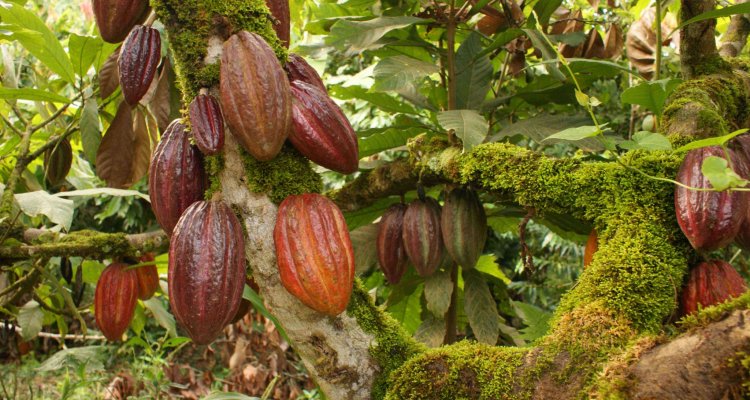
Project
Ecophysiology and nutrition of cacoa
The immediate environment where cocoa trees are grown has an direct impact on how the crop performs during each development stage and each season. Due to climate change, cocoa is susceptible to suffer from environmental stresses among which drought is mainly experienced by crops nowadays. This event implies water deficit and dry air that induces several different genetic, biochemical and physiological responses from the plants.
Cultivation of cocoa is an important economic sector and a primary form of subsistence for small, poor farmers. Scientists argue that actual and future decreasing of the crop yield will threaten the income and welfare of farmers communities, inducing rural poverty.
Well-nourished cocoa induces very high yields, but soil depletion and old cocoa farms limits cocoa production, even when fertilizers are used. Water availability and light intensity in association with nutrients supply define physiological responses at different growth stages of cocoa trees.
Nutrients availability plays a role in the establishment of physiological processes but remains relatively unexplored. Little has been reported on water use of cocoa and attempts to relate this to the cocoa yields were unsuccessful. There is a crucial lack of independent physiological data about cocoa and this limits model validation. This research project aims at understanding physiological responses of cocoa to ecological stress in order to solve the aforementioned challenges.
This PhD research is part of the CocoaSoils project, a collaborative research and development project that focuses on integrated soil fertility management in cocoa plantations.